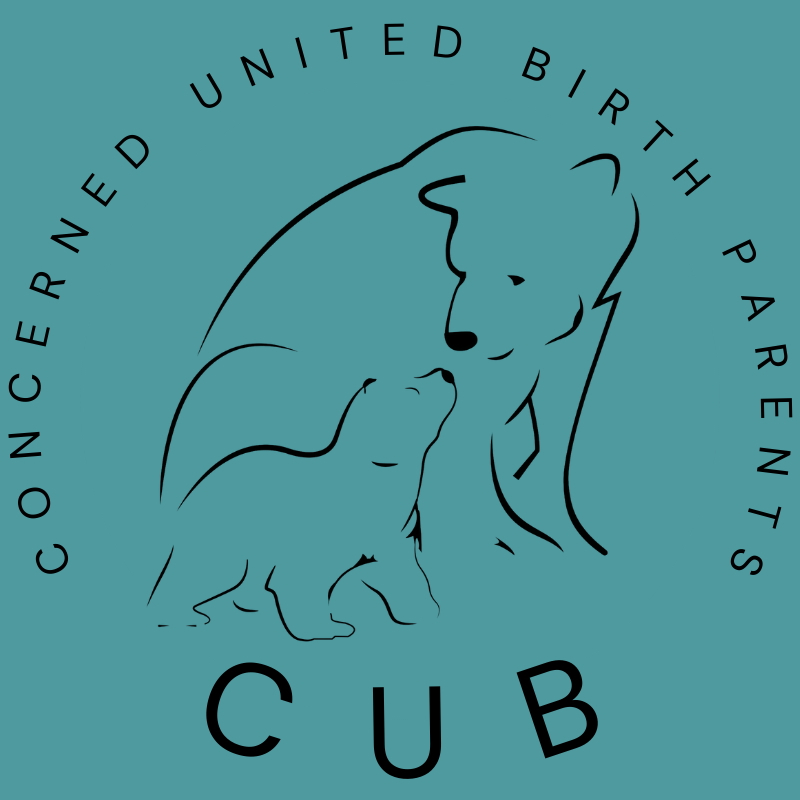Surrender and Subordination: Birth Mothers and Adoption Law Reform
Elizabeth J. Samuels
University of Baltimore School of Law
Michigan Journal of Gender & Law | Volume 20 Issue 1 | 2013
Introduction
During the twentieth century, millions of women in the United States surrendered newborn infants for adoption. During much of the century, it was thought that by surrendering their children, unmarried mothers would not only be relieved of shame and restored to a respectable life, but also would be able to put the event behind them as they went on with their lives. Today, many of these women have not put the births of their children behind them and are speaking out about their experiences. They report that at the time of the surrenders they felt a lack of agency, a stifling or silencing of their voices. They describe feelings of powerlessness, a powerlessness poignantly confirmed by the language and import of the "unconditional surrenders" they signed. Now, feeling freed from the shame and stigma associated with being unmarried and pregnant, they have become among the most vigorous advocates in legislative efforts to restore adult adoptees' access to their own original, unamended birth certificates. This access was gradually eliminated by almost all of the states during the period from the late 1930s to 1990. Since 1990, access has been restored in a small but growing number of states.
In the legislative efforts in which these women are participating, they are again facing a kind of silencing subordination cloaked in benevolence. Their opponents use "woman-protective rhetoric" reminiscent of rhetoric used by abortion opponents in recent years. The access opponents argue that restoring adult adoptees' access to original birth certificates harms birthmothers, violating their legal rights-or their expectations if not their rights-and bringing shame anew through exposure of out-of-wedlock births. The opponents say they must speak for birth mothers who cannot speak for themselves without sacrificing their anonymity.' And the opponents' simple message, buttressed by widespread misunderstanding of the history of adoption records, has even led many access proponents to speak in similar terms of birth mothers' rights, although they conclude that these rights are outweighed by the rights of adult adoptees."
Birth mother advocates for access counter with a number of arguments: that the impetus historically for closing records was to protect adoptive families from public scrutiny and from interference by birth parents, rather than to protect birth mothers from being identified in the future by their children; that birth mothers did not choose and were not legally guaranteed lifelong anonymity;' and that an overwhelming majority of birth mothers are open to contact with their surrendered children." They point out that courts have found neither statutory guarantees of, nor constitutional rights to, anonymity for birth mothers, and that the documents birth mothers signed surrendering parental rights did not promise anonymity."
For this article, surrender documents from the last century have been collected in an effort to help determine the validity of competing claims about birth mothers' legal statuses. The documents have been generously provided to the author by birth mothers who received and retained copies of papers they signed in traditional "closed adoptions" in which they did not know the adoptive parents. The collection does not constitute a randomly selected sample, something that would be difficult to define as well as impossible to assemble. One difficulty is that many women did not receive copies of the documents they signed.' But the collection is a significant resource. It consists of seventy-five documents from twenty-six states, spanning the years 1936 to 1990," with the largest number from the 196 0s and 1970s. It is almost certainly a representative sample, first because of the striking similarity among the documents' provisions, both temporally through the decades and geographically around the country; and second, because no dissimilar document from the past has ever been produced by either those who oppose access legislation or by those who have unsuccessfully challenged state laws restoring adult adoptees' access to formerly sealed original birth certificates.
The first part of the article briefly relates birth mother depictions of their journeys from silence to legislative advocacy. The second part describes the conflicting claims about birth mothers that pervade legislative controversies over access to original birth certificates. The third part examines the provisions of the collected surrender documents and demonstrates they support birth mother advocates' reports that they were not offered a choice of and were not legally guaranteed lifelong anonymity. The documents, in addition to containing no promises of confidentiality or guarantees of anonymity, do not even promise that the children will be successfully placed for adoption. In 40% of the documents, it is the mother who promises she will not try to find the child or interfere with the adoptive family. The documents, in other words, tell a story that is very different from the access opponents' accounts. The opponents' contrary accounts reinscribe an earlier culture of shame and secrecy; they subordinate women's own wishes and silence their newly raised voices.
